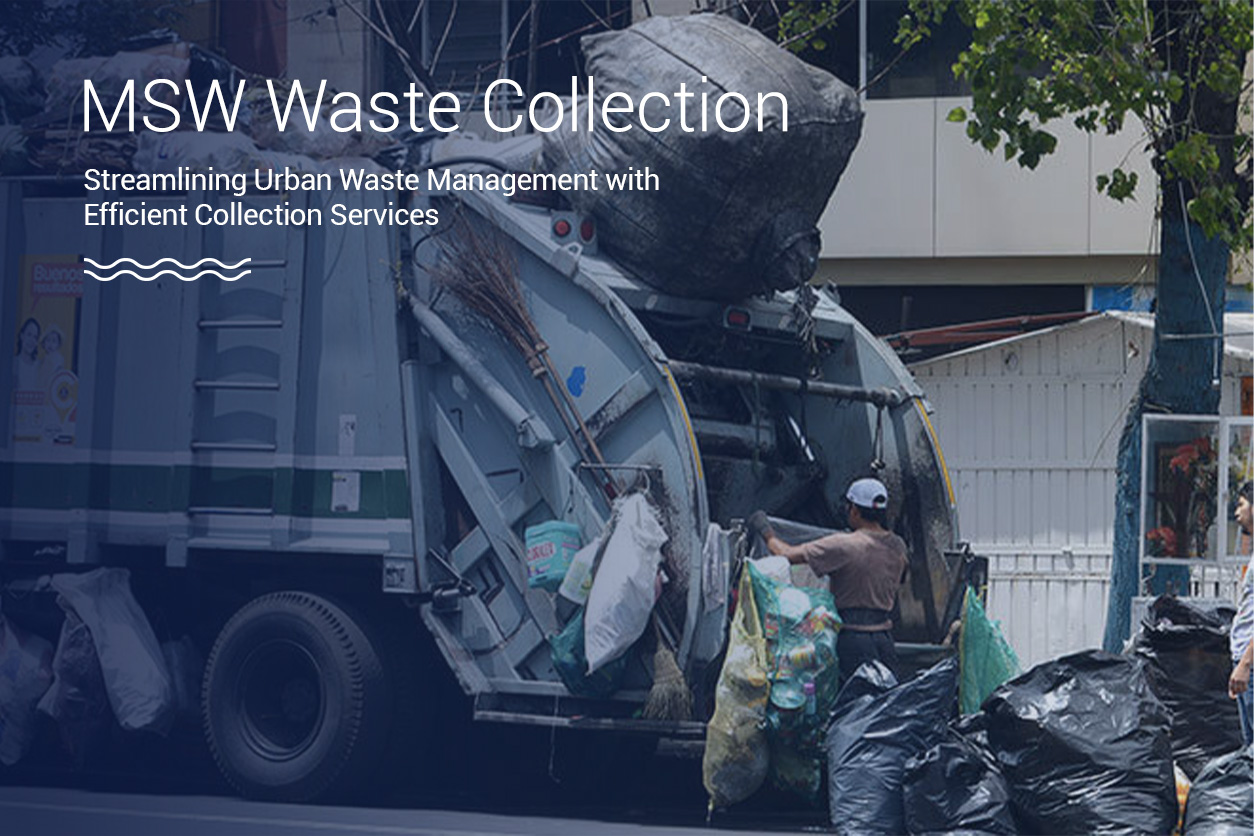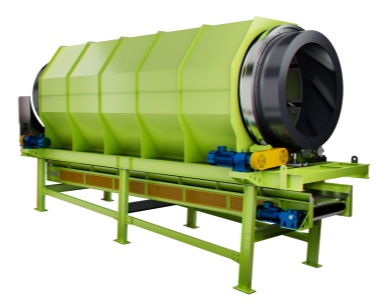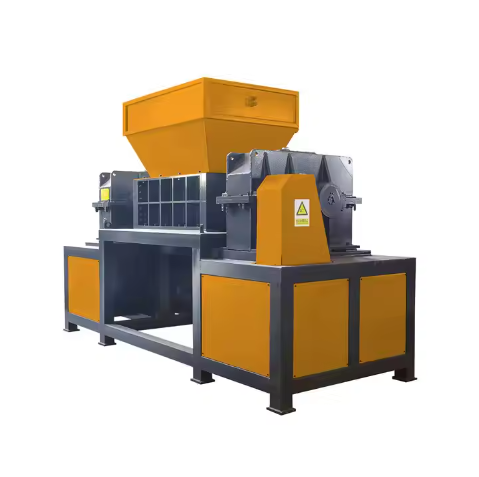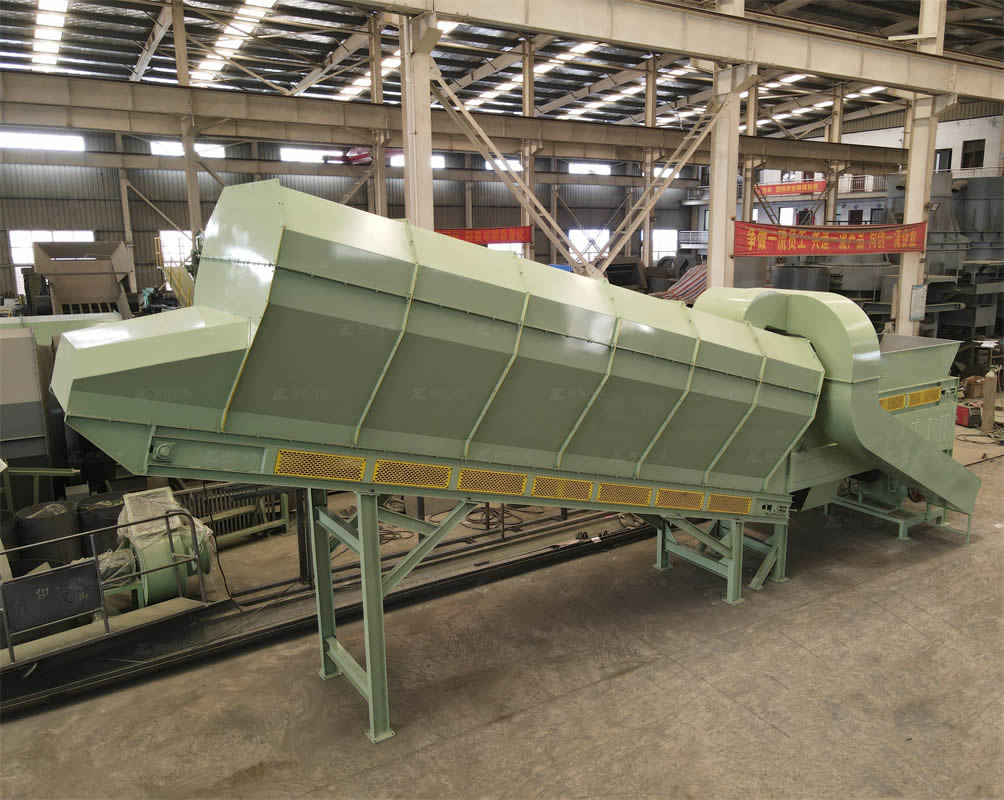What is MSW ?
Understanding Municipal Solid Waste
Municipal Solid Waste (MSW) refers to the waste generated by households, commercial establishments, institutions, and small businesses within a community. This type of waste includes everyday items like packaging, food scraps, yard waste, furniture, appliances, and other discarded materials from daily activities.
Composition of Municipal Solid Waste
MSW is a diverse mix of materials, which can vary significantly depending on factors such as local consumption patterns, economic development, and cultural practices. Typically, it consists of organic materials (such as food waste and yard trimmings), paper and cardboard, plastics, metals, glass, textiles, and miscellaneous items like electronics and household hazardous waste.
Challenges and Environmental Impact
The management of MSW poses several challenges. One major issue is the sheer volume generated, especially in urban areas experiencing rapid population growth. Improper disposal methods, such as open dumping and burning, contribute to environmental pollution and health hazards. Decomposing organic waste in landfills produces methane, a potent greenhouse gas that contributes to climate change.

Importance of Proper Waste Management
Effective waste management is crucial for several reasons. It reduces environmental pollution, conserves resources through recycling and composting, and minimizes the need for new landfills. Recycling programs help recover valuable materials like metals and plastics, reducing the demand for virgin resources and energy-intensive manufacturing processes.
Strategies for Waste Reduction
Communities and governments employ various strategies to tackle MSW. These include source reduction (minimizing waste generation at the outset), recycling and composting programs, waste-to-energy initiatives, and landfill diversion efforts. Public education and awareness campaigns play a vital role in encouraging responsible consumer behavior and promoting sustainable waste management practices.
Global Perspective and Innovations
On a global scale, different regions face unique challenges in managing MSW based on infrastructure, economic resources, and cultural attitudes towards waste. Innovations such as advanced recycling technologies, decentralized waste management systems, and circular economy principles are emerging to address these challenges and promote a more sustainable approach to waste management.
Conclusion
In conclusion, Municipal Solid Waste is a complex issue that requires integrated solutions at the local, national, and global levels. By adopting sustainable practices, reducing waste generation, and promoting recycling and resource recovery, communities can mitigate environmental impacts and create a cleaner, healthier future for all.
-
 Trommel screenTrommel screen, also known as drum screens, are widely used in various industries for sorting and separating materials.Get Quote
Trommel screenTrommel screen, also known as drum screens, are widely used in various industries for sorting and separating materials.Get Quote -
 Crop straw double shaft shreddApplications:Biomass Energy Production: Shredded straw can be used as a feedstock for bioenergy plants to produce electricity or heat.Livestock Feed: Reduced-si...Get Quote
Crop straw double shaft shreddApplications:Biomass Energy Production: Shredded straw can be used as a feedstock for bioenergy plants to produce electricity or heat.Livestock Feed: Reduced-si...Get Quote -
 Zhongcheng Air Drum SeparatorAir drum separators effectively separate lightweight materials (e.g., plastics, paper) from heavier materials (e.g., metals, glass). This high efficiency is cru...Get Quote
Zhongcheng Air Drum SeparatorAir drum separators effectively separate lightweight materials (e.g., plastics, paper) from heavier materials (e.g., metals, glass). This high efficiency is cru...Get Quote
-
2024-08-05Hot-sell Coconut Shredderworking principleCoconut shell shredder usually uses the force generated by cone and spiral to evenly squeeze the coconut meat in the grinding chamber between t...
-
2024-04-25Recycling Finger ScreensFinger screen is a type of screening equipment used to separate materials based on size. Unlike traditional screens, finger screens consist of a series of paral...
-
2024-08-12The Advantages of Horizontal Baling TechnologyA horizontal baler, also known as a horizontal baling machine, is a piece of equipment used for compressing materials and wrapping them into bales. This process...
-
2024-05-18C Series Jaw CrusherC series jaw crusher is a jaw crusher with excellent performance introduced and developed by zchmachinery according to the market demand. Compared with traditio...
-
2025-04-21Compact Copper Cable Granulator MachineThe compact copper cable granulator machine is a device used to recycle waste wires and cables. It separates the copper wire from the plastic sheath by crushing...



